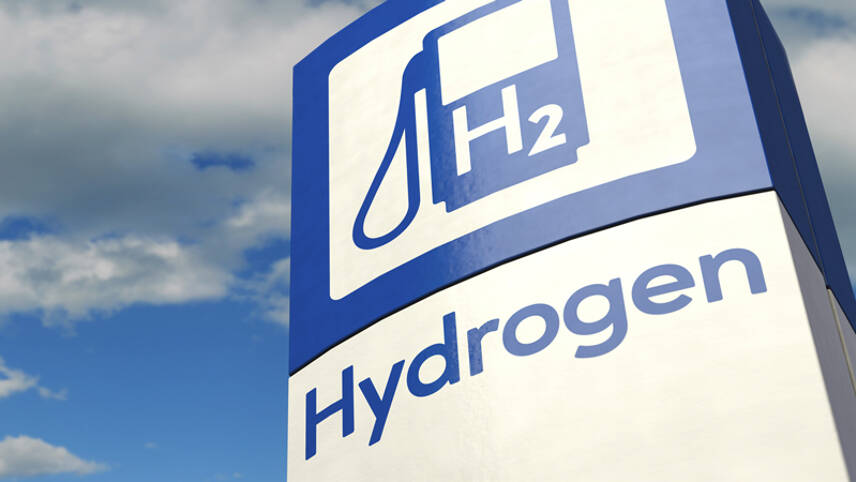Register for free and continue reading
Join our growing army of changemakers and get unlimited access to our premium content

Called the ‘Hydrogen Accelerators’, the recommendations from Hydrogen UK (HUK) have been published to coincide with the Conservative Party’s annual conference in Birmingham this week. HUK represents 50 businesses from across the hydrogen space, including energy giants like BP, Shell, Uniper, Equinor, RWE, Orsted and Centrica, as well as gat network operators, boiler manufacturers and firms from other parts of the gas value chain.
While praising the Government for increasing the UK’s 2030 target for low-carbon hydrogen production capacity from 5GW to 10GW, the paper warns that the Government needs to take further steps to ensure that this target is met, and that demand is scaled in line with supply.
On production, the paper recommends that larger projects should be eligible for funding under the hydrogen business model and calls for the Government to review the planning framework to accelerate the deployment of production. The Government has already outlined measures to streamline planning for offshore wind, it is noted.
Ministers are also encouraged to build upon the business model for hydrogen production with a similar set-up for transportation and storage, which should be implemented by 2025 at the latest. The Government is also asked to commit to developing a hydrogen-only pipeline system linking industrial clusters “as soon as possible”.
The blending question
HUK outlines in the paper that it sees demand for hydrogen coming from building heating, heavy industry and the transport and power sectors.
For power, the paper pushes Ministers to publish a strategy in the first half of 2023,, outlining hydrogen’s role in meeting the UK’s 2035 targets on electricity decarbonisation. Under Boris Johnson, the Government committed to ending unabated fossil-fired electricity generation by 2035. This commitment was fleshed out in the Energy Security Strategy.
In the transport sector, HUK sees hydrogen playing a role for cars and vans, heavier vehicles and trains. In the longer-term, it believes they will be commercially viable in maritime and aviation applications, subject to further R&D. The paper calls for short-term subsidies for companies looking to purchase hydrogen-powered road transport and trains, and for a target to increase the number of hydrogen refuelling stations in the UK to 200 this decade.
For heavy industry, HUK is calling for the Government to provide more clarity on long-term carbon pricing trajectories which will impact how much businesses pay for fossil fuels and fossil-based hydrogen compared to low-carbon hydrogen. It recommends that public procurement schemes are used to help manufacturers switch to hydrogen-fired processes.
Heat has been the potential use for hydrogen with the most question marks raised. New Business and Energy Secretary Jacob Rees-Mogg stated in September that hydrogen is a “silver bullet” and that it has a promising future in building heating. However, scientific studies and assessments by environmental groups have repeatedly concluded that hydrogen heating for homes is likely to be more expensive and less efficient than heat pumps.
With this in mind, the Heat and Buildings Strategy delayed the Government’s decision on the role of hydrogen for home heating until 2026. HUK is urging the Government to make the decision as soon as possible and to fully back hydrogen as an option for domestic heating. It wants a mandate on boiler manufacturers requiring them to ensure that all boilers sold from 2026 are hydrogen-ready. It also wants a target for one million UK homes to be heated using hydrogen by 2035.
HUK’s chief executive Clare Jackson said the steps outlined in the paper “must” be taken by industry and policymakers together “fast-track hydrogen’s progress in the UK, to secure our place as a global leader, create new jobs and economic prosperity and ensure that we deliver net-zero cost-effectively.”


Please login or Register to leave a comment.